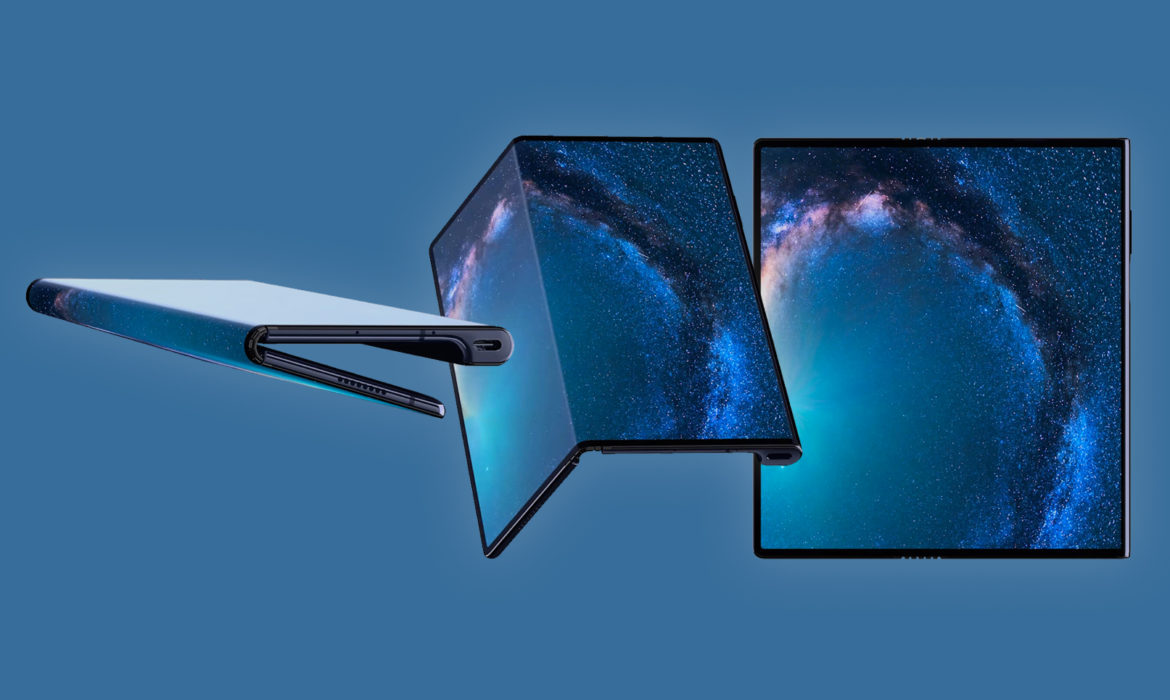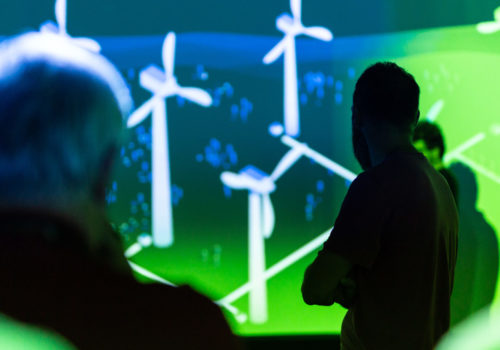The fifth-generation mobile phones will impact the IoT, connected automobiles and robotic health care
The spotlights are all focused on 5G, the fifth-generation mobile phone. And it could be no other way, considering that having completed a phase of testing and experimentation, the new standard is preparing for its marketing debut, set for 2020. Like never before, this year the Mobile World Congress of Barcelona, the largest fair in the world dedicated to mobile phones, has become an opportunity to experience the future.
The list of innovations related to 5G, which will be announced from February 25th to 28th, is long, really long. And while it is true that the consumer phase won’t begin before a year from now, starting with the business applications for the automobile industry and transportation, the Barcelona Fair this year will feature a parade of pioneering next-generation mobile phones: the foldable smartphones. Samsung from Korea and Huawei, Zte and Xiaomi from China are among the brands that have chosen Barcelona to unveil their “flexible” cell phones. The Asian manufacturers thus demonstrate once again that they want to continue to lead the game, unseating the traditional giants of telephones such as Apple who, barring last-minute surprises, has no announcements to make in the area of foldable smartphones. And speaking of the Chinese, the 5G front has triggered a battle the likes of which have never been seen: the President of the United States Donald Trump, citing the issue of security for strategic infrastructure (specifically the telecommunications networks), has already forbidden the use of technology produced by Chinese companies in the field of public tenders. Not only does he want to press further by definitively excluding Huawei and the others from any transactions with American businesses, he is also pressuring the Allied countries, Italy included, to do the same. The battle poses a risk for the very roadmap of 5G and a great many businesses: the countries that get there first, the ones that “switch on” their networks and put the machine in motion, especially the downstream economy involved, will gain an unquestionable competitive edge. Many observers attribute President Trump’s actions to the fear that the Chinese will beat everyone to the finish line and will get the biggest piece of the 5G pie. The protection of the networks and fears of cyber-espionage are presumably not the real issue at hand.
While waiting to understand Europe’s position in the matter, in Italy 5G is going full speed ahead.
Italy was one of the first countries to assign licenses for frequencies in the new standard, at great expense to the telecommunications companies (6.5 billion euro), and is the only country to count 5 government experimentations (the ones christened by the Ministry of Economic Development during the Renzi government), in the cities of Milan, Prato, L’Aquila, Bari and Matera.
But what will 5G make possible? The advantage of the new standard is not only its speed (download and upload) – around 100 Mb per second – but what is called latency, the time gap for the communication between the cell and the device. 5G has reduced this gap to the millisecond, allowing actual real time communication and opening up new possibilities: 5G will be the pillar supporting connected automobiles, industry’s Internet of Things, robotic health care, just to name a few of the sectors considered to have the greatest potential.
cover photo: Huawei Mate X
© ALL RIGHTS RESERVED
translation by Olga Barmine






